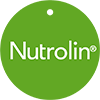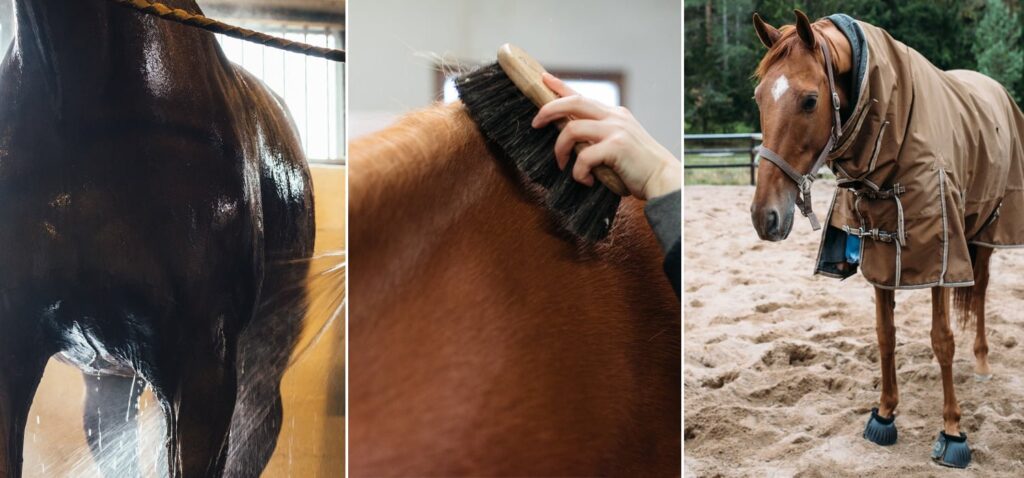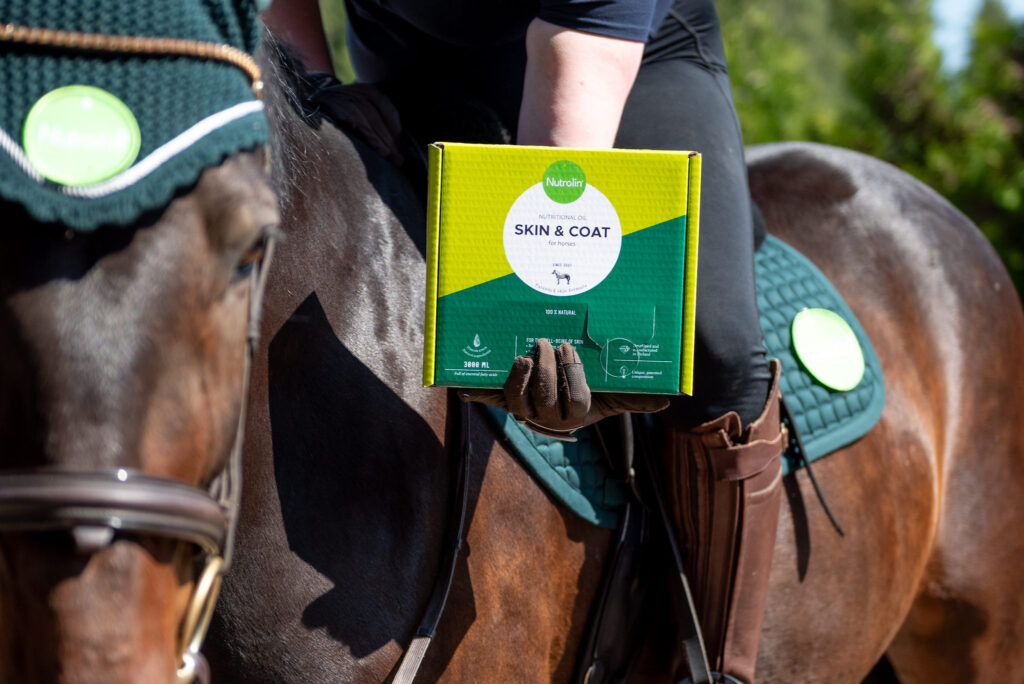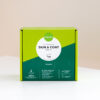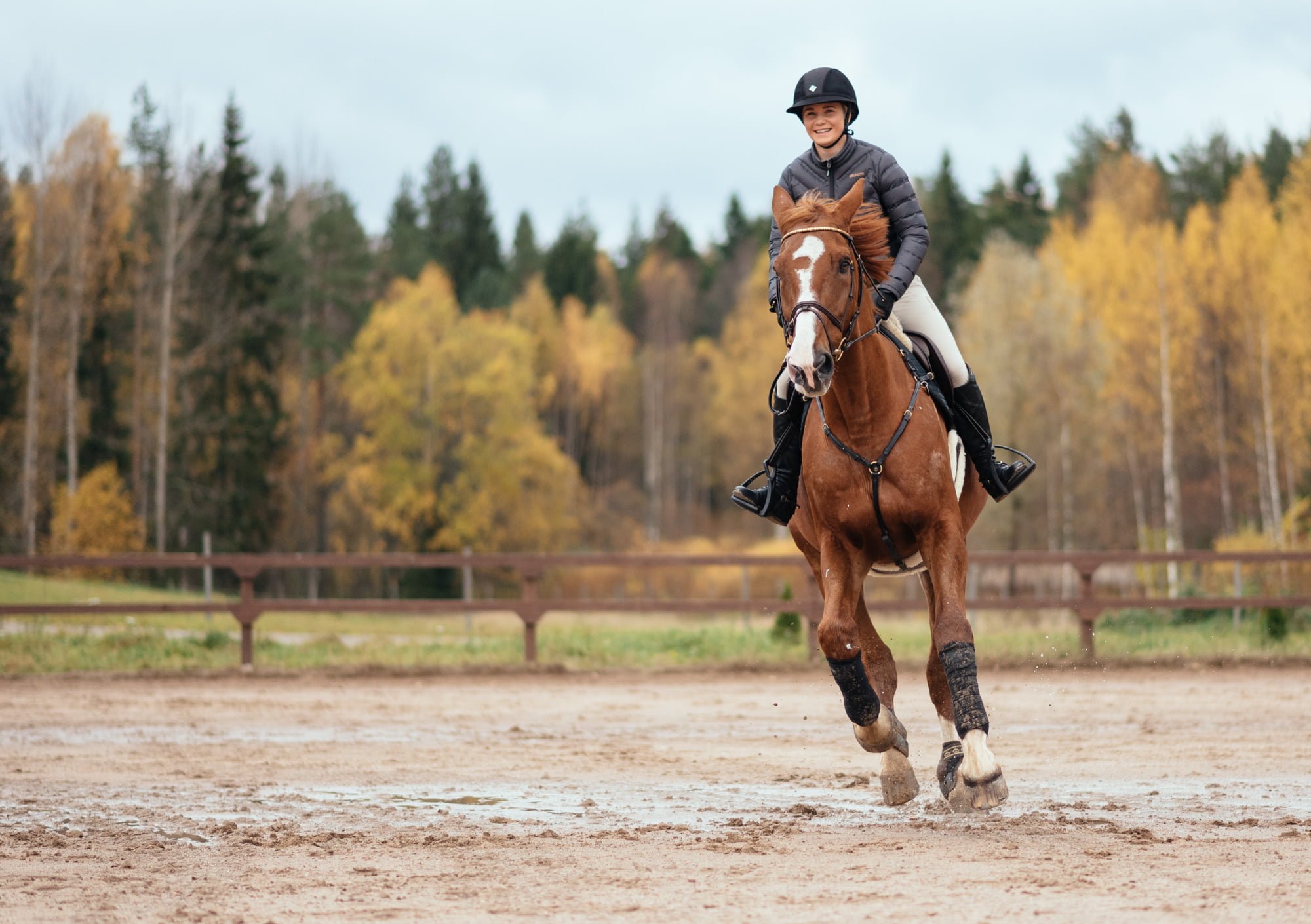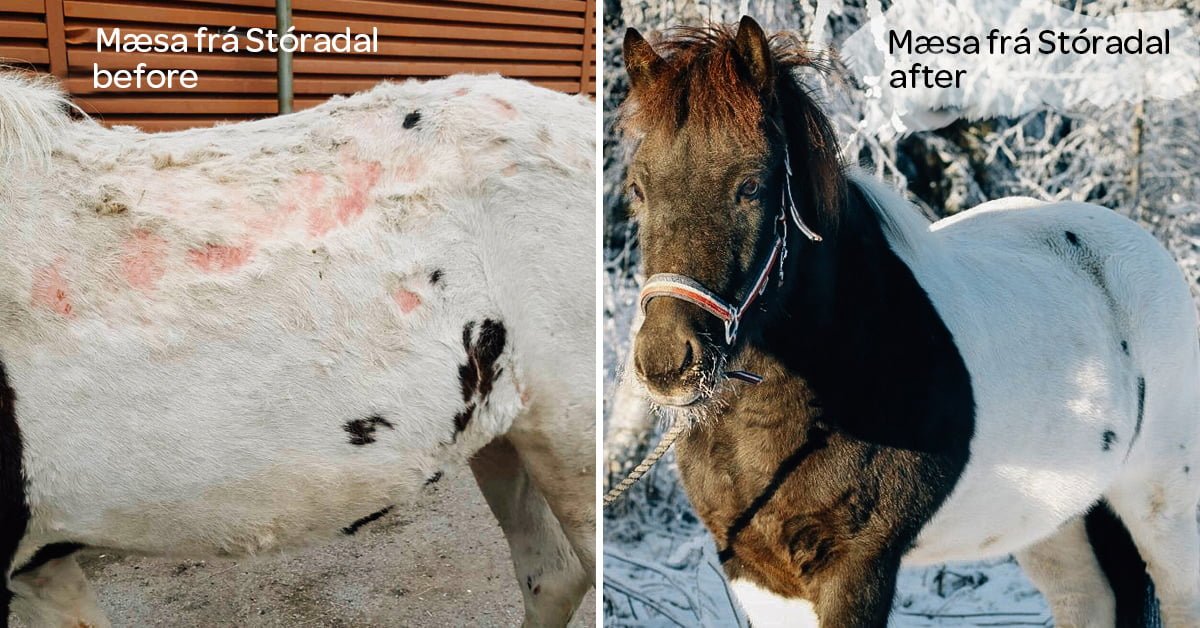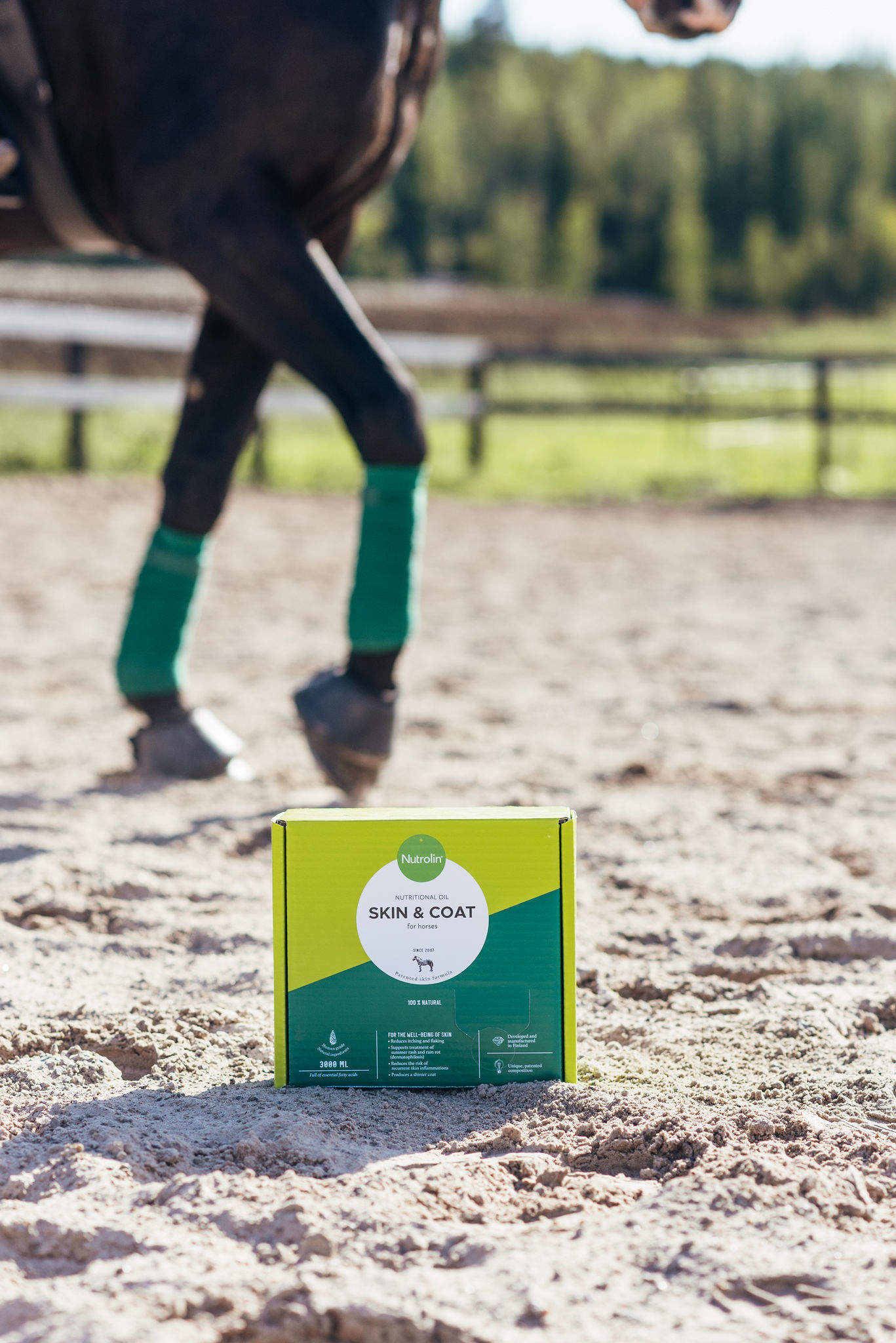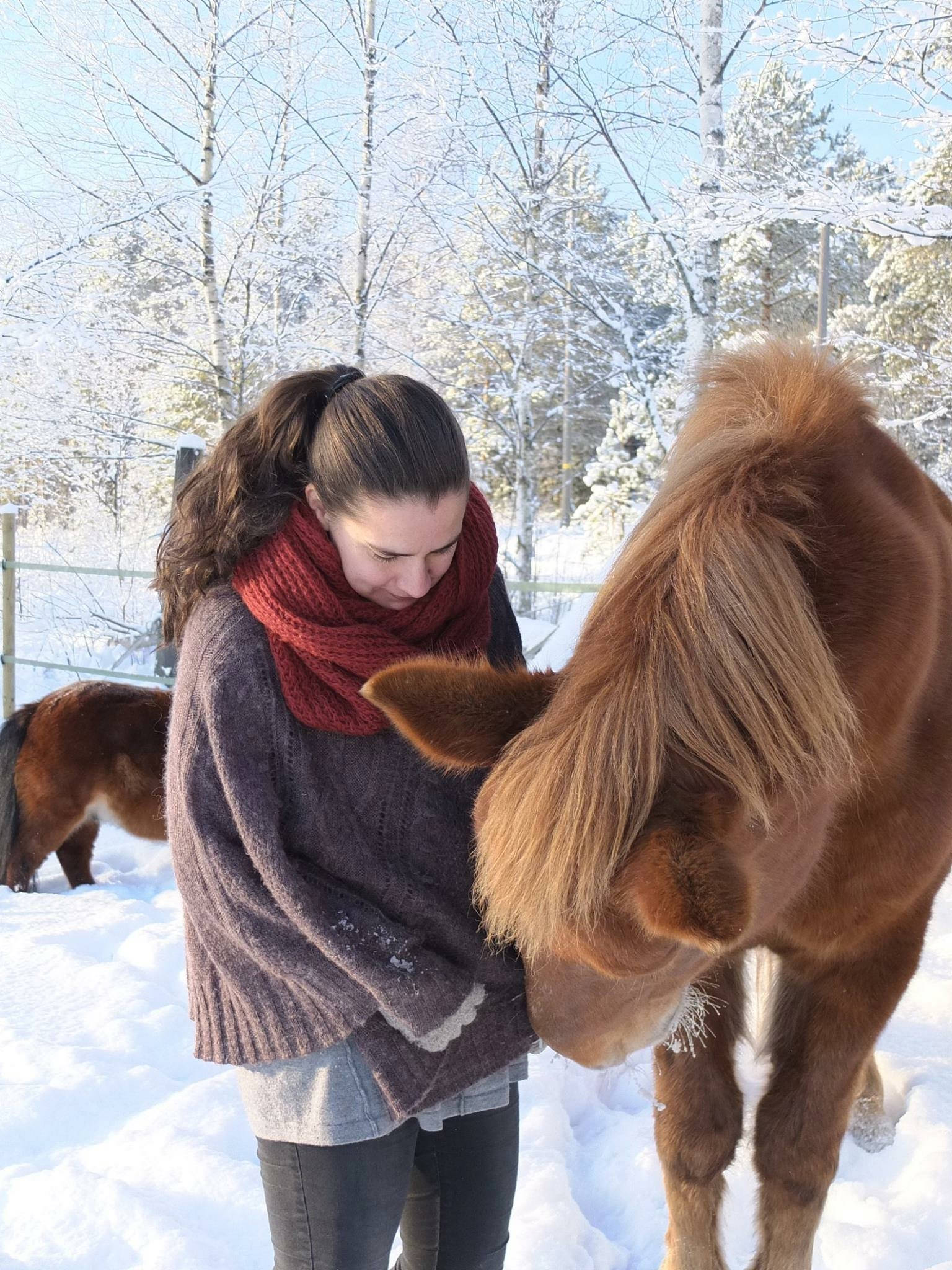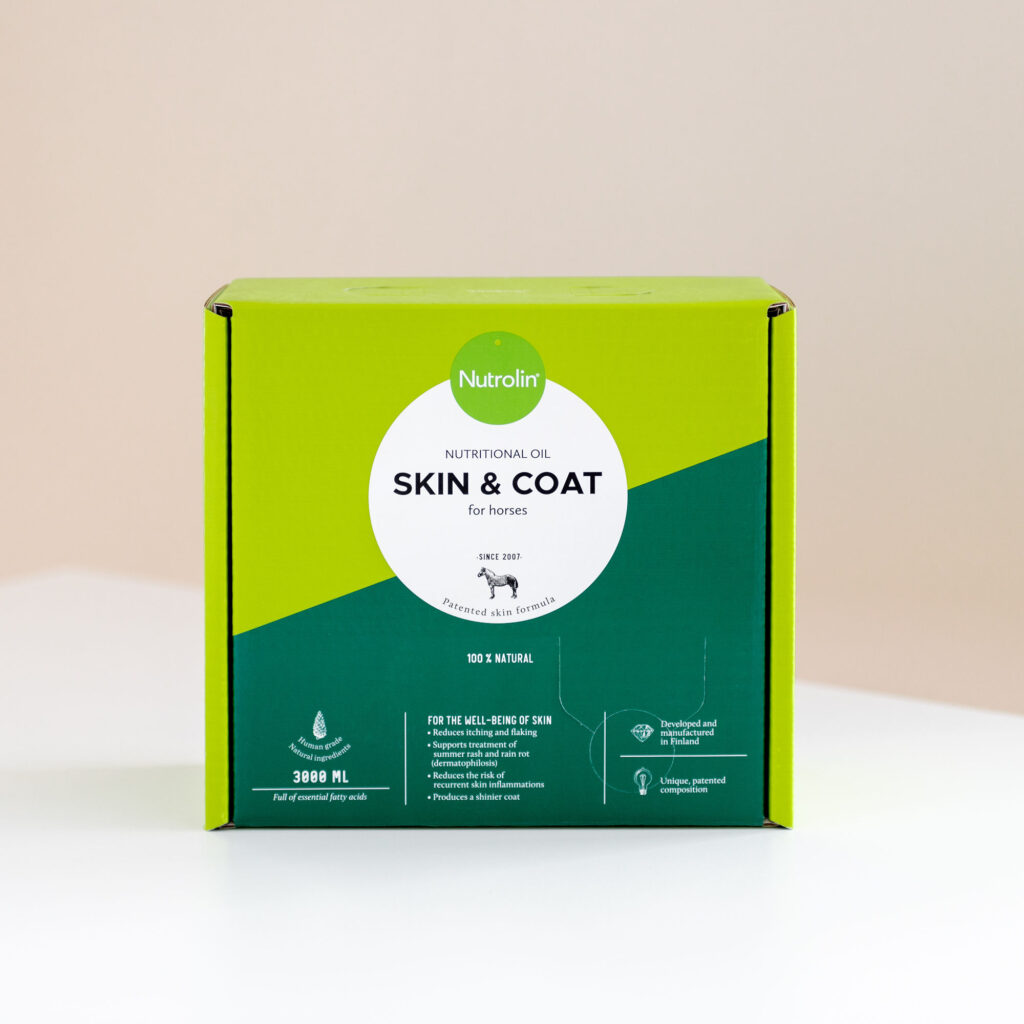ecxema,Horse,itching,Nutrolin® Horse Skin & Coat
Sweet itch, skin problems, dandruff? Hives or nettle rash? Dull coat?
Dry skin is often the underlying cause behind horses’ skin problems. Dandruff and a dull coat are telltale signs of dry skin. Dry skin is also more susceptible to react to allergens and bacterial infections. For example, the mane and the tail may itch. An imbalance of the skin’s barrier function increases the risk of pastern dermatitis also known as scratches, grease heel, cracked heel and mud fever or streptotrichosis (equine dermatophilosis) and other types of dermatitis.
Horses need essential fatty acids to support the natural protective mechanisms of their skin, that is, the barrier function of the skin. Nutrolin® HORSE Skin & Coat is a unique, patented oil supplement for horses. The oil contains plenty of essential fatty acids that support the barrier function of the skin. When the barrier function works well, the skin maintains its moisture balance, which means less problems caused by dry skin.
Horses’ skin problems require a tailored oil supplement
Omega-6 linoleic acid strengthens the skin’s natural protective layer, that is, the skin’s barrier function. Fish oil supplements do not have this effect (McCusker & Grant-Kels, 2010). When the skin’s barrier function operates properly, the skin maintains its moisture balance, and symptoms of dry skin are alleviated (Hansen & Jensen, 1985; Elias, 2014).
Nutrolin® HORSE Skin & Coat is an oil supplement that contains plenty of Linoleic acid, which is an essential omega-6 fatty acid for the well-being of skin and coat. In addition, Skin & Coat oil contains omega-3 and omega-6 fatty acids (ALA, SDA and GLA) that optimize the effects of linoleic acid. The daily dose for a horse weighing 500 kg contains 24,000 mg of essential fatty acids.
Includes natural vitamin E
Free radicals and reactive oxygen in the cells of an organism can cause oxidative stress in the body. Oxidative stress takes place when the amount of oxygen radicals exceeds the ability of antioxidants to protect tissues in the body against oxidation. Oxidative stress can damage cellular DNA, proteins and membranes. Inflammation and active inflammation cells increase the amount of oxygen radicals and oxidative stress. Horses benefit from supplementing their food with vitamin E in situations when they suffer from low grade inflammation, so-called silent inflammation. For example, skin irritations or joint issues as well as hard physical strain can lead to low grade inflammation.
Nutrolin® HORSE products contain natural vitamin E (d-alfa or RRR-tocopheryl). Natural vitamin E is 1.5 times more effective than commonly used forms of synthetic vitamin E (dl-alfa tocopheryl or all-rac-alfa tocopheryl).
All Nutrolin® Horse™ products contain enough natural vitamin E to meet the body’s needs. For example, a 500 kg horse gets a 900 mg daily dose of vitamin E from Nutrolin® HORSE Skin & Coat.
Nutrolin® products are based on scientific research
We have developed oil supplements for horses to meet horses’ needs for essential fatty acids. An oil supplement that contains the right fatty acids is a lot more than just an energy boost. A combination of carefully selected fatty acids complemented with equally carefully selected nutrients can meet the nutritional needs that horses have in different situations. Head of our product development and research is Mikko Griinari, fatty acid researcher and Adjunct Professor in Animal Science at the University of Helsinki. Olini Oy is the Finnish family-owned company behind Nutrolin® products.
Nutrolin® HORSE Skin & Coat oil supplement has been tested since 2010. It has worked extremely well in treatment of horses’ skin problems. The patented oil supplement has given good results as a supporting treatment for horses suffering from sweet itch (pruritis).
SOURCES
Elias PM (2014). Lipid abnormalities and lipid-based repair strategies in atopic dermatitis. Biochim. Biophys. Acta 1841:323-30.
Hansen HS & B Jensen (1985). Essential function of linoleic acid esterified in acylglucosylceramide and acylceramide in maintaining the epidermal water permeability barrier. Evidence from feeding studies with oleate, linoleate, arachidoniate, columbinate and alpha-linolenate. Biochim. Biophys. Acta 834(3):357-63.
McCusker MM & JM Grant-Kels (2010). Healing fats of the skin: The structural and immunologic roles of the omega-6 and omega-3 fatty acids. Clin. Derm. 28:440-451.

 English
English Deutsch
Deutsch